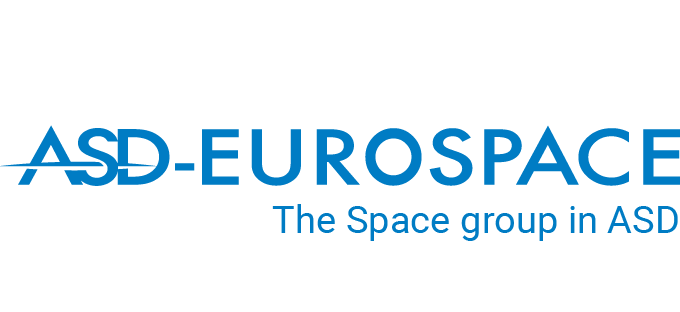Best-Practice Guidance for the European Space sector to comply with SCIP notification from 2021, providing practical recommendations tailored to Space Products for duty holders
ASD-EUROSPACE herewith wishes to share to all interested entities a Best-Practice Guidance to facilitate legal compliance specifically for Space Products with the new ‘SCIP’ (i.e. Substances of Concern In articles, as such or in complex objects – Products) notification requirement introduced in the revised Waste Framework Directive 2008/98/EC (WFD).
This Guidance, available here, is primarily addressed to EU suppliers of equipment (i.e. Space Products) designed to be sent into space and related means of transport (launch vehicles and spacecraft, such as satellites for telecommunication, navigation or space exploration) which do not result in “waste” on the EU territory. Such Space Products should be outside the scope of the revised WFD and its Article 9 on SCIP, as they do not form part of the Circular Economy as the underlying revision objective (see Space Industry Position on WFD Article 9 available here). However, an explicit exemption for Space Products in the Directive and its Article 9(1)(i) was omitted.
Space Products are highly complex assemblies, that may consist of millions of articles. The corresponding supply chains leading to their production are complex, multi-tier and global. The space industry operates with demanding qualification requirements and very long lifecycles from design and production to exploitation phases (long-length programmes). However, at the end of the lifecycle there is no waste operator or consumer as the stated beneficiaries of the SCIP requirements according to WFD Article 9(2).
More precisely, this Guidance therefore aims to assist duty holders in complying with their SCIP notification obligation based on WFD Article 9(1)(i) and national provisions transposing the requirement by:
- Giving an overview of the legal context in which the SCIP notification evolves;
- Providing proportionate and practical key recommendations for any required SCIP notifications tailored to Space Products;
- Giving an overview of the latest ECHA information requirements for SCIP and guidelines and how they can be addressed for Space Products in a proportionate and pragmatic way;
- Providing practical examples of SCIP notification approach for Space Products.
The Guidance also contributes specifically for the Space Sector to the efforts of the regulators – foremost the European Chemicals Agency (ECHA) as recipient of SCIP notifications and host of the SCIP database – to avoid unnecessary notifications and to reduce the data volumes to be collected, stored and processed to an appropriate and manageable level.
Contacts:
- Secretariat: Pierre Lionnet, Research and Managing Director, ASD-EUROSPACE, pierre.lionnet@eurospace.org, +33-(0)1 44 42 00 70
- Key Expert: Tim Becker, Senior Legal Advisor, REACHLaw Ltd., tim.becker@reachlaw.fi; +358 (0)40 773 8143
